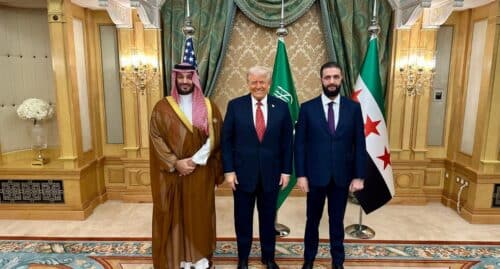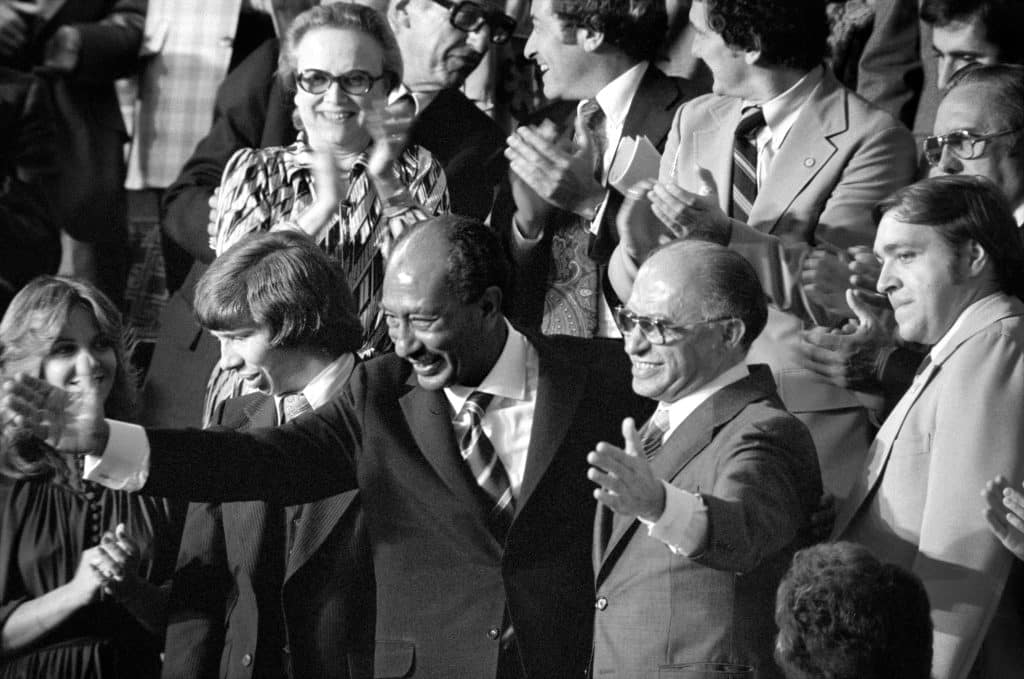
The IDSF’s ultimate goal is to ensure Israel’s security for generations to come. Two central understandings underpin this goal: The first is that the security of the State cannot exist in a vacuum; rather, it depends on an extensive system of political, economic and social factors. The second understanding is that in order to make informed decisions, it is necessary to build a broad strategy that is based on the past and looks to the future.
These understandings have led the IDSF to formulate a clear national vision based on in-depth research and touching on all the areas that shape Israeli society. In this article, IDSF researcher Shahar Citron will discuss the relationship between Israel and the important country that borders it to the south: Egypt. Based on past experience and political and security assessments, he will explain why both sides have interests in preserving the peace treaty, what will happen if the agreement is canceled anyway, and whether there will come a day when Israelis will be able to stroll relaxedly among the pyramids.
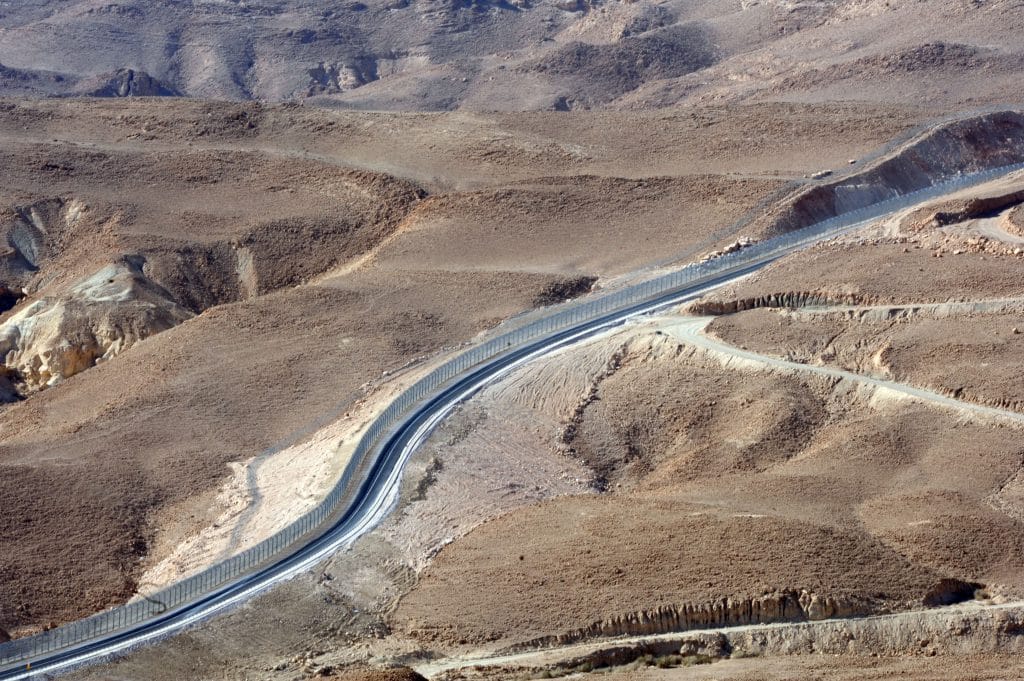
Background – Cold, Cold, Getting Colder: The Israel-Egypt Relationship
The relationship between Israel and Egypt has experienced many ups and downs since the establishment of the State. During the first three decades of the State of Israel, the two were bitter enemies and fought each other in five different wars. The process of change began in 1977, with the visit to Israel of Egyptian president Anwar Sadat, which signaled a warming of relations and opened the door to a peace initiative. Two years later, the two countries indeed signed a historic peace agreement, and since then they have cooperated on various economic, political and security issues.
When examining the Israeli-Egyptian peace treaty, one can clearly see that both countries have an interest in preserving it.
The Egyptian Interest:
Egypt borders on Libya and Sudan – two countries in deep internal turmoil. It is therefore convenient that at least there is quiet on its northern border with Israel.
Furthermore, the peace treaty with Israel contains an element of reaching out a hand to the West. Thanks to the agreement and to American interests, the Egyptians receive very significant economic support from the USA.
Egypt also enjoys military cooperation with Israel – for example, when the two worked together against ISIS forces in the Sinai Desert. In addition, Egypt used Israel’s good relations with Ethiopia to try to resolve the issue of the Grand Ethiopian Renaissance Dam, which threatens the Nile River.
Beyond the political and security interests, over recent years Egypt has also derived considerable economic benefit from its relations with Israel, as Israel exports natural gas to Egypt on a large scale, which helps Cairo deal with the country’s energy crisis.
The Israeli Interest:
For its part, Israel also enjoys the fruits of the peace treaty with Egypt. Above all else, it benefits from the quiet on the southern border, and instead of dealing with a strong enemy it has a strong partner. In addition, it has allies on the border with Gaza that at least on the theoretical level can help it fight the terror organizations there.
Beyond that, Egypt serves as a liaison with the Muslim world – a role that has reached its peak in the current war, in which it mediates extensively between Israel and Hamas.
From the economic point of view, Israel also benefits from the gas export agreement with Egypt, and does not want to jeopardize it.
When one understands what each country gains from the peace agreement, one can assume with high probability that they will make sure to preserve it. However, one must not forget that peace with Egypt is a “cold peace,” as the two countries are not really friendly with each other, and the Egyptian population is mostly hostile to Israel.
Since the outbreak of the Swords of Iron War, and due to its geographic location and diplomatic status, Egypt has become the natural mediator between Israel and Hamas. This role creates new opportunities for the relationship between Israel and Egypt, although it also presents challenges that could threaten their peace agreement. At the same time, various developments are taking place in Egypt in both domestic and foreign policy that also make it clear that the partnership between it and Israel cannot be taken for granted.
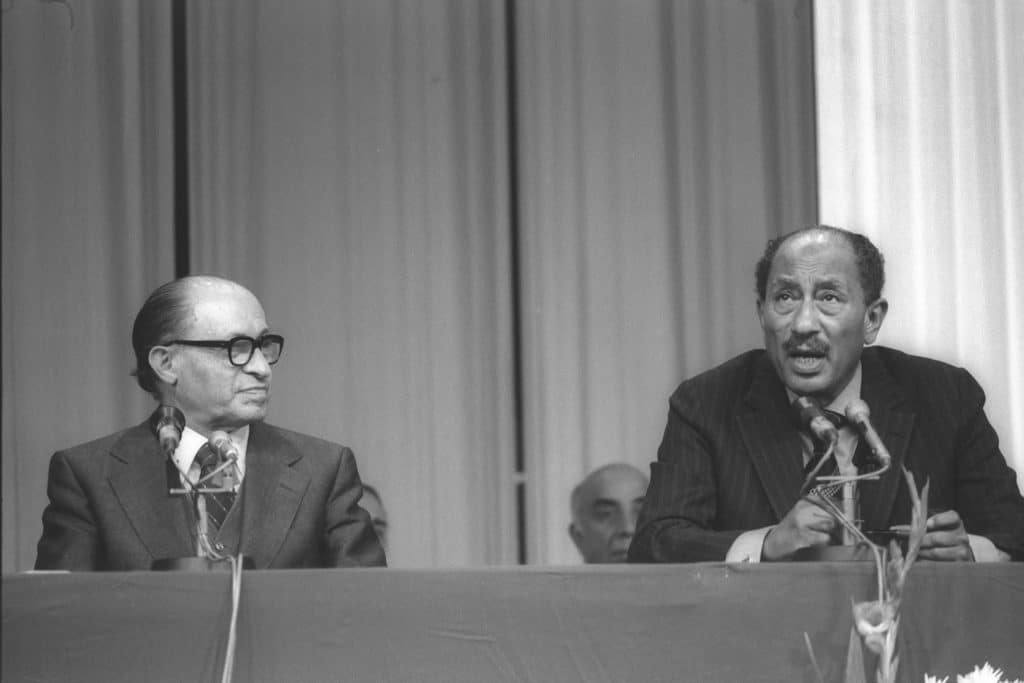
So what will be the deciding factor – common interests or the growing pressures? In order to assess what the relationship between Israel and Egypt will look like in the future, one needs to know the main factors that threaten it, as well as the opportunities that the State of Israel can take advantage of for its own benefit.
Shahar Citron: The Vision for the Israel-Egypt relationship
Swords of Iron: Harnessing the Egyptians for the war effort
Current state: The Swords of Iron War is challenging the relationship between Israel and Egypt. First, Egypt’s role as a mediator between Israel and Hamas naturally creates a situation in which it finds itself in a conflict of interests. Second, since Egypt borders on Gaza and controls part of the Philadelphi Corridor, Israel’s actions in the war have a direct impact on its national security. Above all, Egypt is concerned that Israel’s military operations will cause a wave of immigration of Gazan refugees into Egyptian territory, which is why it opposes many actions of the IDF. Third, the Egyptian government is under heavy pressure from its citizens, who demand that it stand firm on the side of the Palestinians.
Ideally:
- Israel should act in Gaza according to the war goals it defined, but it must show sensitivity to the Egyptians’ interests, strive to reach agreements with Egypt as much as possible, and make it clear to Egypt that the operations in Gaza do not endanger them.
- In order to reach agreements with Egypt, Israel can use its economic, military and political levers.
- Economically, Israel can limit or ease the export of gas to Egypt.
- Politically, Israel has two main levers: It can influence the relationship between Egypt and the United States, and it can use its diplomatic ties with Ethiopia to help Egypt deal with the Ethiopian Renaissance Dam that threatens to damage the water supply of the Nile River.
- Militarily, Israel can support Egypt in its fight against the Houthis, who are attacking vessels in the Red Sea, thereby causing the loss of dozens of percentage points in Egyptian income from the Suez Canal.
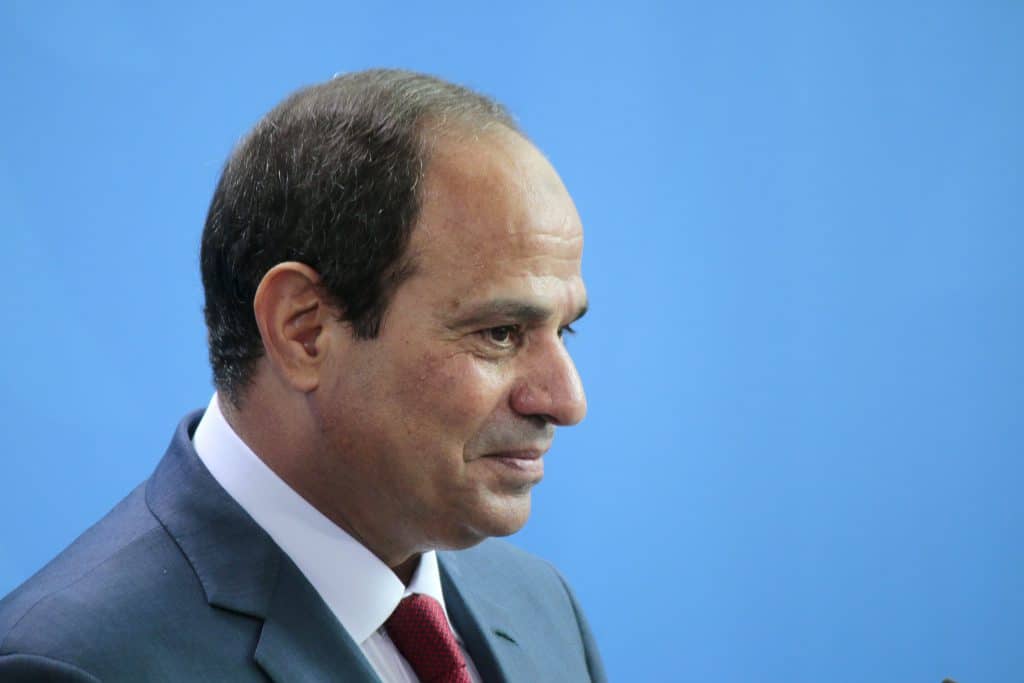
Stopping Egypt from drawing closer to the “Axis of Evil”
Current state: Over recent years, there has been a decline in American support for Egypt – both in terms of financial aid and in terms of military supplies. This decline led Egypt to look for other sources of support, and to team up with countries such as Russia and China. Egypt currently purchases billions of dollars’ worth of arms and weaponry from these countries. At the same time, it has become clear that a certain thawing of relations between Egypt and Iran has taken place, and there is even a warming of relations between it and countries associated with the “Muslim Brotherhood,” such as Qatar and Turkey. The Egyptian rapprochement with the countries of the “Axis of Evil” and extremist Muslim countries could lead to a strategic change in Egyptian policy, a change that will damage the sphere of influence of the Western world as well as relations with the State of Israel.
Ideally:
- On the political level: The State of Israel is the bridge between the West and East, and as such, it should take advantage of its ties with the United States to encourage it to support Egypt, and ease the sanctions that were imposed upon it.
- On the public diplomacy level: Israel must invest effort in the public diplomacy effort and clarify to Western countries that if they won’t be there for Egypt, Egypt won’t be there for them.
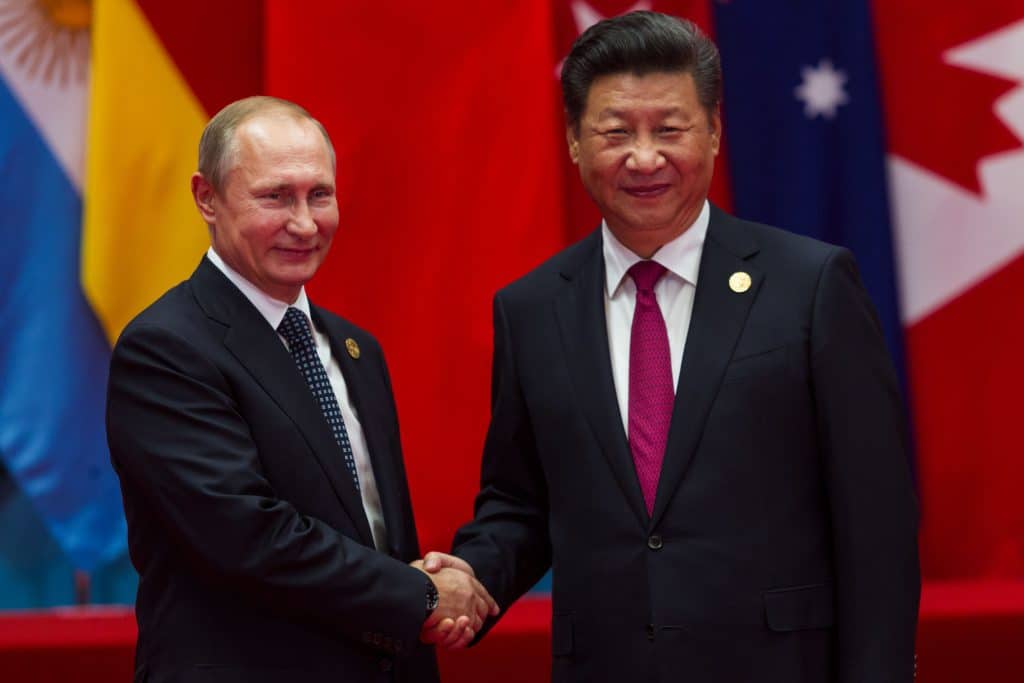
Keep an eye on the growing strength of the Egyptian army
Current state: In recent years, the Egyptian army has undergone modernization and has significantly improved in the aspects of force building, arming itself, upgrading infrastructure and upgrading its training. These processes are making it one of the most powerful armies in the Middle East, and even in the entire world. According to the GFP ranking for 2024, the Egyptian army ranks 15th among the strongest militaries in the world, while the IDF is only 17th. If so, the Egyptians’ military capabilities are a threat to Israel’s security, especially since Israel is not seriously preparing for the possibility of an Egyptian attack.
Ideally:
- Israel must become familiar with Egypt’s power and prepare for a situation in which in turns against the Jewish state. Instead of developing complacency in the face of the calm on the Egyptian front, Israel should take advantage of it to gather intelligence, study the Egyptian army, and plan an adequate military response right now.
- At the same time, as long as Israel and Egypt are at peace with each other, Israel can be helped by the power of the Egyptian army by cooperating together against common enemies such as the Houthis.
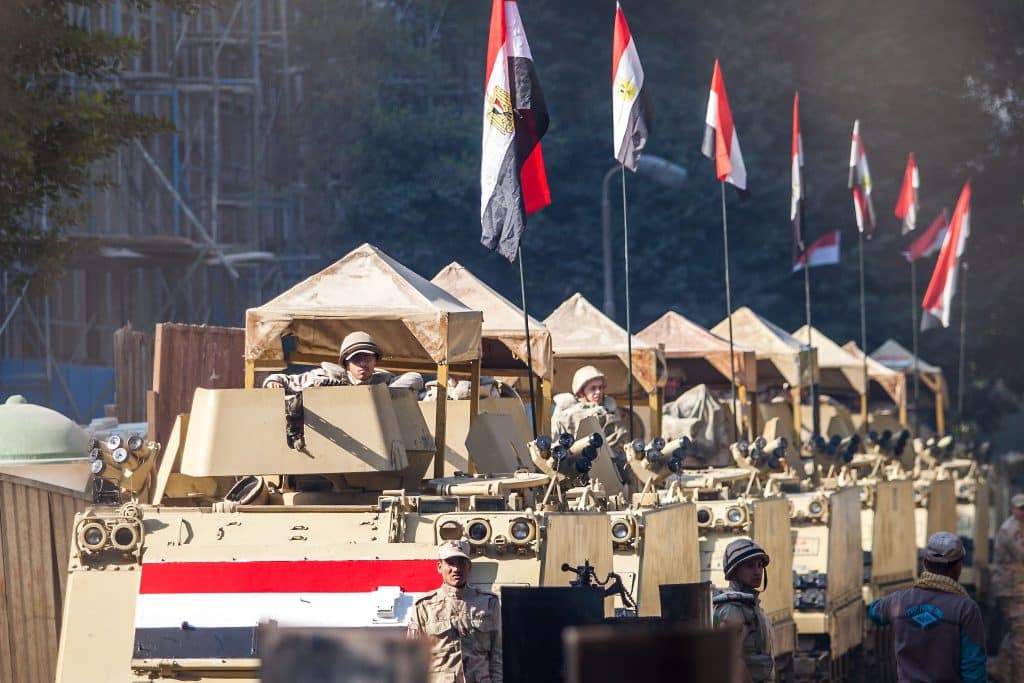
Influencing public opinion in Egypt
Current state: With 34% inflation, 7% unemployment, and a national debt of $165 billion, Egpyt is in a deep economic crisis. Nevertheless, President el-Sisi is initiating grandiose projects such as the establishment of the “New Administrative City” and the expansion of the “Nile Delta” area, which have no immediate benefit to the citizens. This reality generates great anger among Egyptian citizens, and leads to many protests.
Parallel to the economic protests, since the Swords of Iron War began, many Egyptians have come out against the government with the claim that it does not offer enough support to the residents of Gaza.
The strong public opposition in both these arenas could affect the government’s decision-making process and perhaps even bring about its downfall – exactly as occurred in the 2011 protests that caused President Hosni Mubarak to resign. If Egypt’s government should fall, it’s possible that the new one who would arise would be more hostile to Israel, which would put the countries’ peace agreement in real danger.
The Ideal Situation
- Israel should prove the importance of the peace treaty not only to Egypt’s government but also to its people. To do this, Israel must try to help Egypt’s economy, among other ways by exporting gas and drumming up support from the U.S. and other Western countries.
- Israel should try to involve Egypt as much as possible in the decisions regarding the fighting in Gaza, in order to quieten public opinion and reduce the pressure that the public is applying to the regime.
- It is worthwhile trying to reshape Egyptian public opinion, through activity on social networks and through social initiatives that will mobilize the younger generation. As soon as Israel has a toehold in the Egyptian consciousness, it will be able to expand its influence, and hopefully it will also succeed in creating a real perceptual change among the Egyptian public.
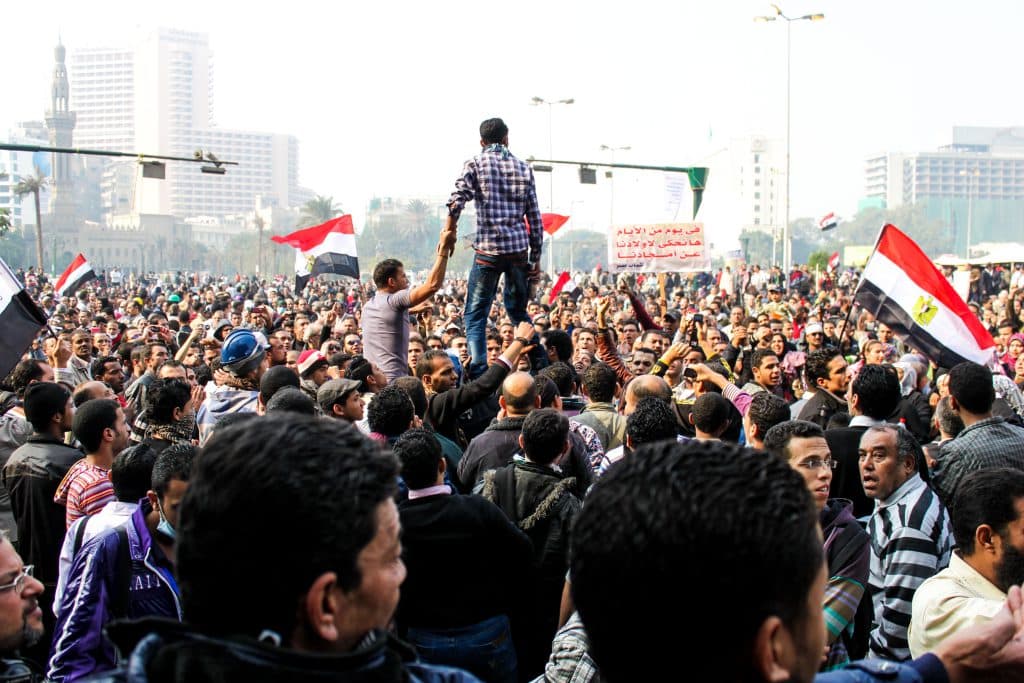
Hope for the Good, Expect the Bad: This is How the State of Israel Must Approach Its Relationship with Egypt
Since the Swords of Iron War began, there have been numerous claims that the war endangers the relations between Israel and Egypt. In practice, the war only brings out problems that have existed under the surface for many years. In a certain sense, the war is actually good for the relationship between the two countries because it caused some sobering reflections and now requires both sides to see reality as it truly exists.
As demonstrated above, the relationship between Israel and Egypt is a complex one. On the one hand, the countries have been reinforcing their peace agreement for nearly fifty years, conducting many collaborations together, and benefiting greatly from the mutual ties. On the other hand, there is hostility between the countries, and in recent years there have been many processes that threaten to create a deep rift between them and damage all stability in the region.
In their essence, Israel and Egypt are both pragmatic countries, and there are many reasons to believe that they will keep the peace agreement between them, and perhaps even manage to warm their relations by a degree or two. However, in a reality where Egypt is growing closer to the countries of the “Axis of Evil,” getting stronger militarily and suffering from public protests, the peace agreement cannot be taken for granted.
If so, the State of Israel must act on two seemingly contradictory levels – on one level, it must ensure the preservation and improvement of relations with Egypt, but on the other level it must keep one observant eye open and prepare intelligence-wise and militarily for a situation in which the current reality will change.



